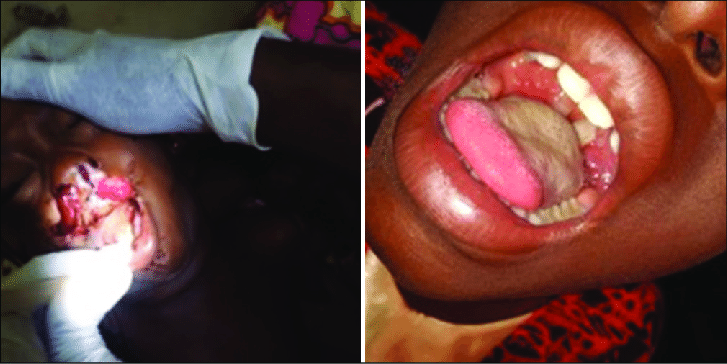Nigeria has reported an alarming surge in diphtheria cases, with 7,202 confirmed cases last week. This highly contagious bacterial infection, particularly severe among children under 14, has seen 73.6% of cases in this age group. Kano state, Nigeria’s second most populous state, has been the hardest hit, recording 453 deaths from diphtheria in the past three months.
Diphtheria is a vaccine-preventable disease, but low vaccination rates in Nigeria have contributed to the outbreak, with only 42% of children under 15 fully protected. The symptoms of diphtheria include a sore throat and fever, and in severe cases, the bacteria can produce a toxin that poses a risk to the airway, leading to breathing and swallowing difficulties. The toxin can also cause complications such as heart and kidney problems and nerve damage.
Save the Children is responding to the crisis by launching a wide-scale health intervention in the most impacted states of Kano, Yobe, and Katsina. The organization is deploying expert health and supply chain staff to assist overwhelmed clinics in detecting and treating diphtheria cases. Additionally, Save the Children aims to support mass vaccination campaigns to curb the outbreak.
However, the success of the vaccination campaign is contingent on urgently addressing the shortages of the required vaccine and antitoxin in Nigeria. The scarcity of these crucial medical supplies raises concerns that the situation could worsen, placing many children at risk of severe illness and death. Save the Children emphasizes the need for swift and comprehensive measures to address the vaccine shortage and ensure the timely and effective containment of the diphtheria outbreak.










